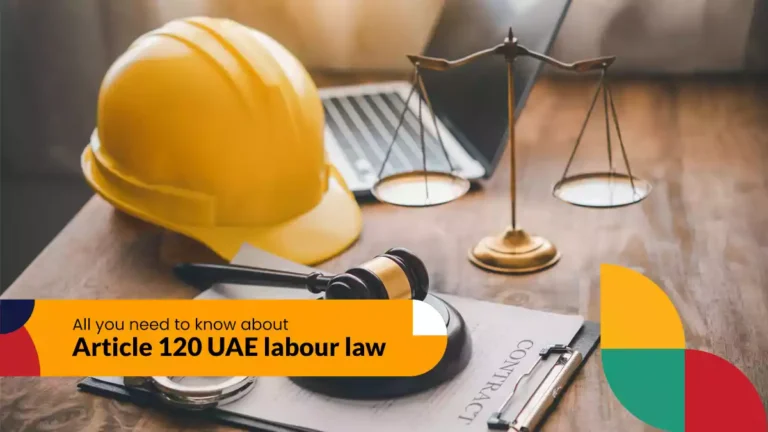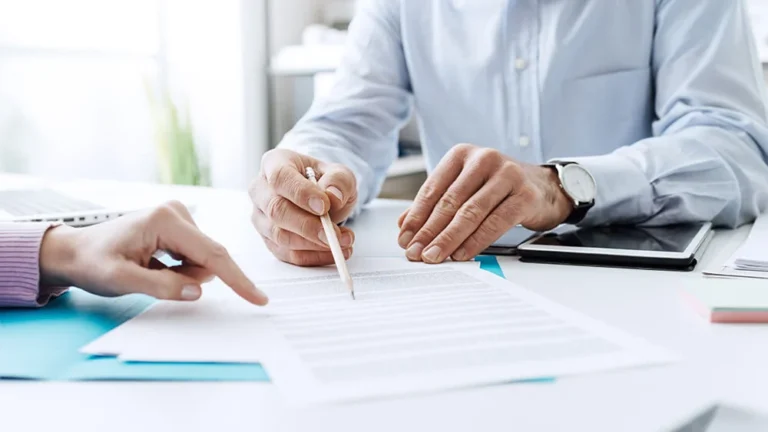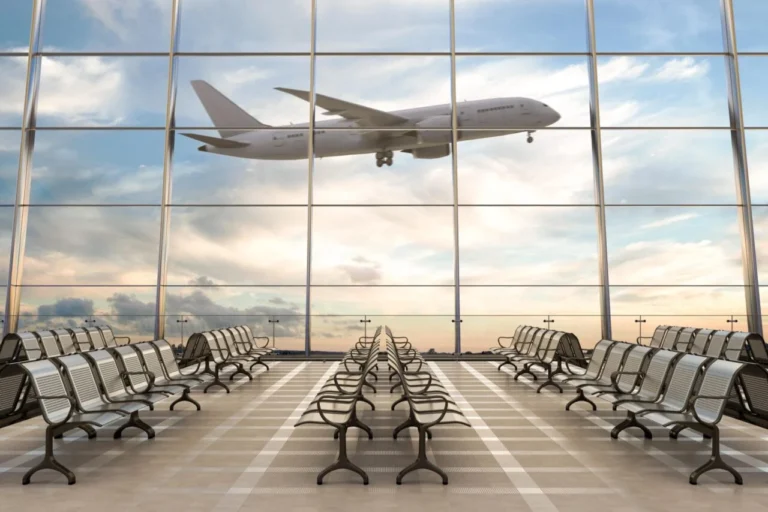Arabic Words You Should Learn When You Visit Dubai
Dubai is a vibrant city that blends modernity with rich cultural heritage. While English is widely spoken and understood, learning a few basic Arabic words can greatly enhance your experience and show respect for the local culture. Here are some essential Arabic words and phrases you should learn when visiting Dubai.
1. Marhaba (مرحبا) – Hello
One of the first words you should learn is “Marhaba,” which means “hello.” It’s a friendly and common greeting that will help you make a good first impression.
2. Shukran (شكراً) – Thank You
Expressing gratitude is important in any culture. “Shukran” means “thank you” and is a polite way to show appreciation for someone’s help or service.
3. Afwan (عفواً) – You’re Welcome
When someone thanks you, respond with “Afwan,” which means “you’re welcome.” It’s a simple yet courteous reply.
4. Min Fadlak/Min Fadlik (من فضلك) – Please
“Min Fadlak” (to a man) or “Min Fadlik” (to a woman) means “please.” This phrase is useful when making requests or asking for assistance.
5. Naam (نعم) – Yes / La (لا) – No
Knowing how to say “yes” (Naam) and “no” (La) can be very helpful in everyday interactions, from confirming your order to answering simple questions.
6. Mafi Mushkila (ما في مشكلة) – No Problem
“Mafi Mushkila” means “no problem.” This phrase is useful in various situations, such as when someone apologizes or when you want to indicate that everything is okay.
7. Kam? (كم؟) – How Much?
When shopping or dining out, “Kam?” means “how much?” It’s a handy phrase for asking about prices.
8. Ayna (أين) – Where
“Ayna” means “where.” You can use it to ask for directions, such as “Ayna al-hammam?” which means “Where is the bathroom?”
9. Ma’a as-salama (مع السلامة) – Goodbye
“Ma’a as-salama” means “goodbye.” It’s a polite way to bid farewell to someone.
10. Sabah Al Khair (صباح الخير) / Masaa Al Khair (مساء الخير) – Good Morning / Good Evening
Greet people with “Sabah Al Khair” in the morning and “Masaa Al Khair” in the evening. These greetings show that you are making an effort to connect in their language.
Tips for Using Arabic in Dubai
- Practice Pronunciation: Arabic pronunciation can be tricky, so practice these words to ensure you say them correctly.
- Use Simple Phrases: Start with simple phrases and gradually learn more as you become comfortable.
- Be Respectful: Using Arabic shows respect for the local culture, and locals will appreciate your effort.
- Combine with English: Feel free to mix Arabic with English if you’re not sure of the full phrase. Most people in Dubai understand both languages.
9 Arabic words you should learn when you visit Dubai
The UAE is one of the most demographically diverse countries in the world, and people from across the globe come to UAE to work, study, or enjoy a vacation.
While English, Urdu, Hindi and Malayalam are widely spoken in the country, its always good to learn some Arabic words, given the countrys vast Arab population.
UAE citizens have their own collection of words that have evolved to be different from the original Arabic words. Here are nince important, yet different, Arabic words that you should know.
- If you are in a restaurant and suddenly hear the word “khashouka” when you ask for the tableware, you have to know that it means a spoon.
- When you try to do something good for your Emirati friend and he tells you about it “kashkhah“, he means it is a good thing. It is a complimentary adjective within the Emirati colloquial language.
- On the other hand, if you hear the word “Jekrah“, it means bad or ugly. You might hear this word in case they didn’t appreciate what they have seen.
- Do you want to pray? If you ask an Emirati where the mosque is and he told you the word “masyied“, it means the same place, as they pronounce it differently.
- Nobody knows what might happen, but if there is an emergency and you have to go to the Hospital, you might hear them name it “Al Spietan“, which means hospital or clinic.
- They also say “dakhtar“, which means doctor, so when you hear this word, don’t worry, they are asking for help.
- When you ask for directions, and hear the word “seda“, it means to move forward, and then you might hear the word “salik“, which means toll gate. Ask the driver to avoid it if you are on a budget.
- If you are in a hypermarket, and it is very crowded due to sale or something, you might hear the word “tamaiyal“, which means to take a side to make room for someone to pass, or “excuse me” in English.
- If you want to have a tour in the city, you might hear your Emirati friend call it “kashtah“, which means a tour or trip. (KT)
Arabic phrases that can be heard a lot during Ramadan
- Ramadan Kareem
Both Ramadan Kareem and Ramadan Mubarak are common expressions used during the month of Ramadan. Both mean have a blessed or generous Ramadan. Did you know that the appropriate response to Ramadan Kareem is Allahu Akram? It means God is much more generous. - Al Salam Alaikum
This is a widely used Arabic greeting, which means peace be upon you, and it is very common in the Middle East to extend hospitality and friendship. It can be used when entering a home, office or even supermarket. The phrase is not specific to any religion. This greeting can be used by both men and women, accompanied by a hug, a handshake, or two kisses. - Insha’Allah
This means God willing or if God wills commonly used by Muslims and Arabic speakers of different religions. Use this phrase when you plan something and want it to work out, but know that it will only happen if God wills it. Example: Will you be coming over for Iftar tomorrow night? Yes, InshaAllah. - MashaAllah
It means what Allah wants, He gives or God has willed and used often upon hearing good news. Muslims, even non-Arabs, use this phrase to greet friends or family when they have been blessed with something and sometimes overused. Example: Your eyes are so pretty MashaAllah. - Emta El Maghreb?
The phrase you will most likely hear all day while people are fasting, which means What time will the Maghreb prayers take place? The fourth formal daily prayer takes place just after sunset. Iftar literally means break fast and marks the end of the day of fasting. - Suhour
Each morning before sunrise, Muslims engage in a pre-fast meal called suhour. Afterwards, they start their fast with the Fajr prayers. Suhoor is usually made up of breakfast food to keep you energised throughout the day. - Sayem?
In order to inquire whether someone is taking part in Ramadan, some Muslims will ask Are you fasting? - Tarawih
These are the night time prayers performed during this month. Tawarwih prayers are not compulsory, but they are performed by many Muslims. - Eid Mubarak
Eid means a Muslim festival or celebration and Mubarak means blessed. Together it means blessed celebration and used as a greeting to mark the end of the month of Ramadan where a three-day festivity follows. - Allahu Akbar
This means God is the greatest. This is the first phrase spoken in the call for prayer and our Muslim friends use it when they agree with something they hear or when they see something beautiful.
Other words you can use:
- Hello – Marhaba
- Please – Law samaht
- Thank you – Shukran
- Goodbye – Maa assalama
- Yes – Na am
- No – La
- Excuse me – Afwan or Iza samaht
- One – Wahid
- Two – Ethnin
- Three – Thalatha
- Four – Arbaa
- Five – Khamsa
- Six – Setta
- Seven – Sabaa
- Eight – Thamaneya
- Nine – Tesa
- Ten – Ashara
In shaa Allah – what does it mean to you?
Based on your knowledge and personal experiences, the term In shaa Allah can take on different meanings.
Yes or no? Maybe or definitely? Depending on how long you have lived in the Middle East and what your personal experiences are, the Arabic term In shaa Allah could hold different meanings.
The UAE is home to over 200 nationalities, most of them non-Arab, and life in the UAE can lead to several new experiences. One of them is understanding cultural greetings and practices. Terms like yalla or Alhamdulillah are no longer restricted to conversations in Arabic.
So, what does the term mean?
Literally, the term In shaa Allah is a composite of three words, which mean If Allah wills.
But do UAE residents truly understand the meaning and significance of the term?
The term is often used to denote that a person would make their best effort at a certain task.
In shaa Allah is part of our lives. Even as children, we are taught to say In shaa Allah for everything that we plan to do. We use it when it comes to something that I am going to do tomorrow, in an hour or even in a minute.
This practice comes from a verse in the Quran, where believers are asked to use the term In shaa Allah for their future plans. And never say of anything, Indeed, I will do that tomorrow, Except [when adding], If Allah wills….[Quran 18:23-24]
Conclusion
Learning a few Arabic words before your trip to Dubai can make your experience more enjoyable and immersive. These basic phrases will help you navigate the city, interact with locals, and show respect for the culture. So, practice these words, embrace the local language, and enjoy your time in the dazzling city of Dubai!







